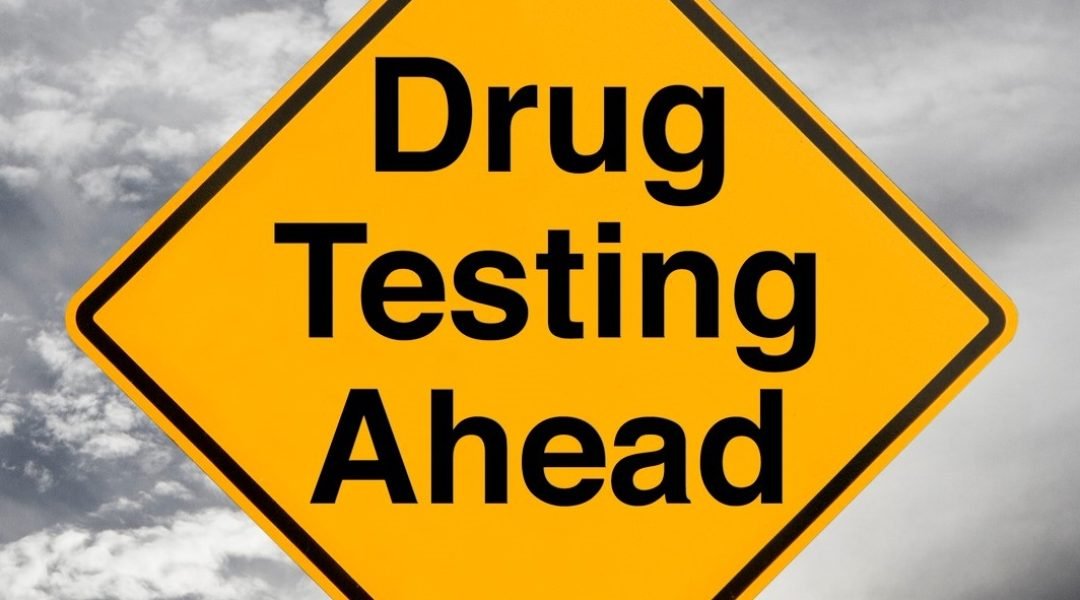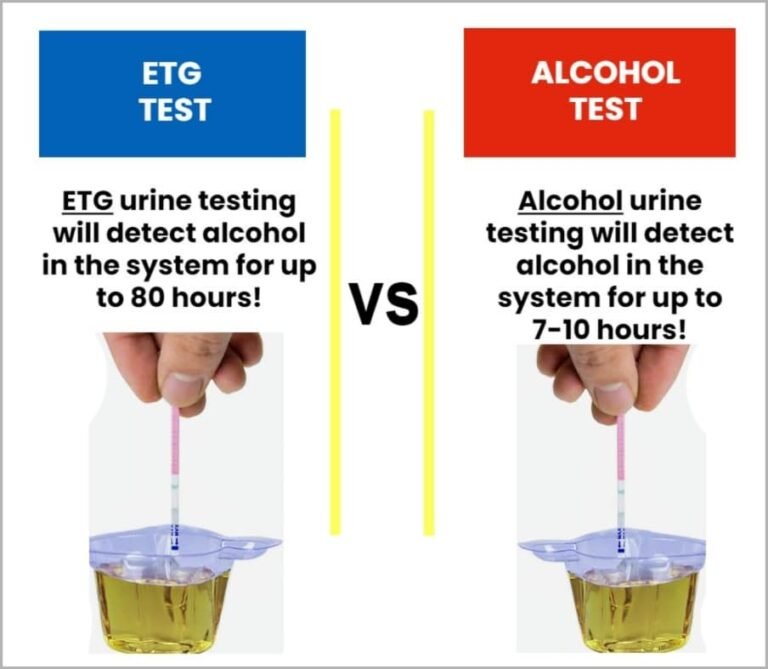Introduction to Probation Drug Testing in South Florida
Probation drug testing in South Florida serves as a critical component in the probation process, ensuring that individuals comply with their probation terms and contribute to maintaining public safety. This practice is governed by a stringent legal framework designed to monitor and support individuals on probation, encouraging their rehabilitation and reducing the risk of recidivism.
The legal foundation for probation drug testing in South Florida is established through state laws and regulations that mandate routine drug screening for those placed under supervision. Courts and probation agencies enforce these laws to ascertain that individuals adhere to the conditions set forth during their sentencing. The primary aim is to deter substance abuse, which is often a contributing factor to criminal behavior, thereby promoting a safer community.
Various agencies are responsible for administering probation drug tests, including the Florida Department of Corrections and local probation offices. These entities work collaboratively to implement effective testing protocols and ensure that probationers are regularly monitored. Probation officers play a crucial role in this process, overseeing the administration of tests and responding to any violations that may occur.
Drug testing typically involves the collection and analysis of biological samples such as urine, blood, hair, or saliva. These tests can detect a wide range of substances, from common recreational drugs like marijuana and cocaine to prescription medications that may be misused. The frequency and type of testing can vary depending on the individual’s history, the nature of their offense, and their progress during probation.
Overall, probation drug testing in South Florida is a vital tool for ensuring compliance with probation terms. It not only aids in monitoring individuals but also serves as a deterrent against drug use, thus supporting their journey towards rehabilitation. By maintaining rigorous drug testing protocols, probation agencies help uphold the integrity of the probation system and bolster public safety.
Probation drug testing in South Florida is a stringent process designed to monitor compliance with the law and ensure public safety. Individuals on probation are required to adhere to specific protocols that vary based on the nature of their offense and the terms of their probation. These requirements are meticulously outlined and enforced to maintain the integrity of the probation system.
The frequency of drug tests is typically determined by the probation officer and can range from random tests to regular, scheduled examinations. The nature of the offense often dictates the frequency; for instance, individuals convicted of drug-related offenses may undergo more frequent testing compared to those convicted of non-drug-related crimes.
A variety of drug testing methods are employed, including urine tests, hair follicle tests, and blood tests. Urine tests are the most common due to their cost-effectiveness and the ability to detect a wide range of substances. Hair follicle tests, while more expensive, can provide a longer detection window, revealing drug use over a period of months. Blood tests are less common but are used in specific cases where precise measurement of substances is required.
The types of drugs tested for typically include marijuana, cocaine, opiates, amphetamines, and other controlled substances. The selection of drugs may be tailored to the individual’s history and the specifics of their offense. Probationers are required to report for testing as instructed and must comply with the procedures set forth by their probation officer.
Failure to comply with probation drug testing requirements can result in significant consequences, including the revocation of probation and possible incarceration. It is imperative for probationers to adhere strictly to these requirements to avoid further legal complications.
In South Florida, the probation drug testing requirements are designed to be both a deterrent to drug use and a mechanism for rehabilitation. The rigorous nature of these requirements underscores the importance of compliance and the role of drug testing in the broader framework of the criminal justice system.
Reasons for Probation Drug Testing
Probation drug testing in South Florida serves multiple critical purposes, making it an essential component of the criminal justice system. One primary reason for its implementation is to monitor and ensure the sobriety of individuals on probation. Drug use can significantly impair judgment, leading to behaviors that may result in violations of probation terms. By regularly testing for drug use, probation officers can detect substance abuse early, thus preventing potential infractions and guiding probationers towards a more stable path.
Drug testing also plays a vital role in preventing relapse among individuals with a history of substance abuse. The knowledge that they will be regularly tested can act as a deterrent, dissuading probationers from returning to drug use. Additionally, when tests indicate a relapse, it provides an opportunity for timely intervention, whether through counseling, rehabilitation programs, or other support mechanisms. This proactive approach helps in addressing the root causes of addiction, thereby promoting long-term recovery and reducing the likelihood of reoffending.
From a broader societal perspective, probation drug testing contributes significantly to public safety. By ensuring that probationers remain drug-free, the system helps reduce the incidences of drug-related crimes, which are often correlated with substance abuse. This not only aids in lowering crime rates but also diminishes the overall burden on law enforcement and judicial resources. Furthermore, successful rehabilitation of offenders through consistent monitoring and support fosters their reintegration into society as productive members, ultimately benefiting the community as a whole.
In conclusion, the reasons for probation drug testing extend beyond mere compliance with legal stipulations. It is a multifaceted approach aimed at fostering individual recovery, enhancing public safety, and promoting societal well-being. By addressing both immediate and long-term impacts of drug use, probation drug testing in South Florida proves to be a pivotal tool in the criminal justice system.
Challenges and Considerations in Probation Drug Testing
Probation drug testing, particularly in South Florida, presents an array of challenges and considerations that demand careful attention. One of the primary concerns is the accuracy and reliability of drug tests. While modern testing methods have significantly improved, there remains a risk of false positives or false negatives. False positives can occur due to cross-reactivity with certain medications or foods, leading to unjust consequences for individuals on probation. Conversely, false negatives might result from attempts to circumvent the test or due to the limitations of the testing method itself.
Ethical considerations also play a crucial role in the discussion of mandatory probation drug testing. The requirement for individuals to submit to drug tests can be seen as an infringement on personal privacy and autonomy. This raises questions about the balance between public safety and individual rights. Probation officers must navigate these ethical dilemmas while ensuring compliance with legal mandates, which can be a complex and sensitive task.
Logistical challenges further complicate the probation drug testing process. For probation officers, coordinating and administering tests can be time-consuming and resource-intensive. They must ensure that tests are conducted fairly and consistently, which can be difficult given the variability in testing facilities and procedures. For individuals on probation, accessibility to testing facilities can be a significant hurdle. Many may not have easy access to approved testing centers, particularly in rural or underserved areas. This lack of accessibility can lead to missed tests, which could be construed as non-compliance.
The costs associated with probation drug testing add another layer of complexity. These costs can be burdensome for individuals on probation, many of whom may already be facing financial difficulties. Probation officers and agencies must also manage the financial implications of administering and processing these tests, which can strain limited resources.
Potential reforms aimed at improving the efficacy and fairness of the probation drug testing process could include the development of more accurate and less invasive testing methods, enhanced training for probation officers on ethical considerations, and increased funding to ensure accessibility and affordability of testing for all individuals on probation. By addressing these challenges comprehensively, the probation drug testing system can better serve both the goals of public safety and the fair treatment of individuals.
IDENTICO Can Help! Ask for the Best Price Guarantee!!!
At our walk-in clinic located at 4012 SW 18 Street, West Park, FL 33023, we offer drug and alcohol testing of 1 to 19-panel comprehensiveness, call us today at 954-239-7245 for additional information, or visit https://myidentico.com/court-ordered-drug-alcohol-test-south-florida/ to submit your inquiry and we will get back to you immediately.





